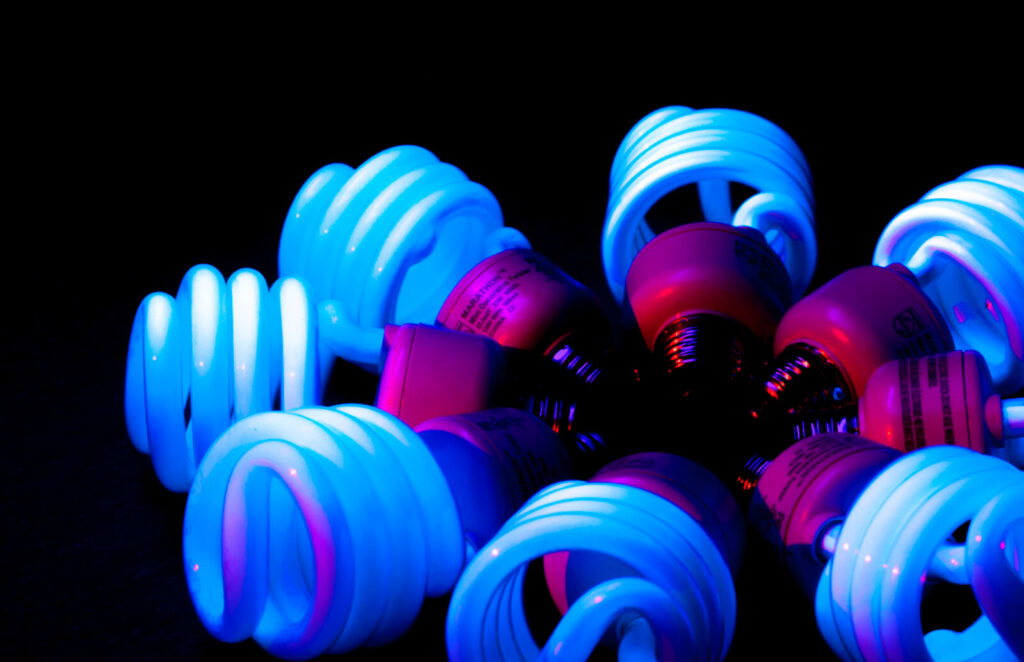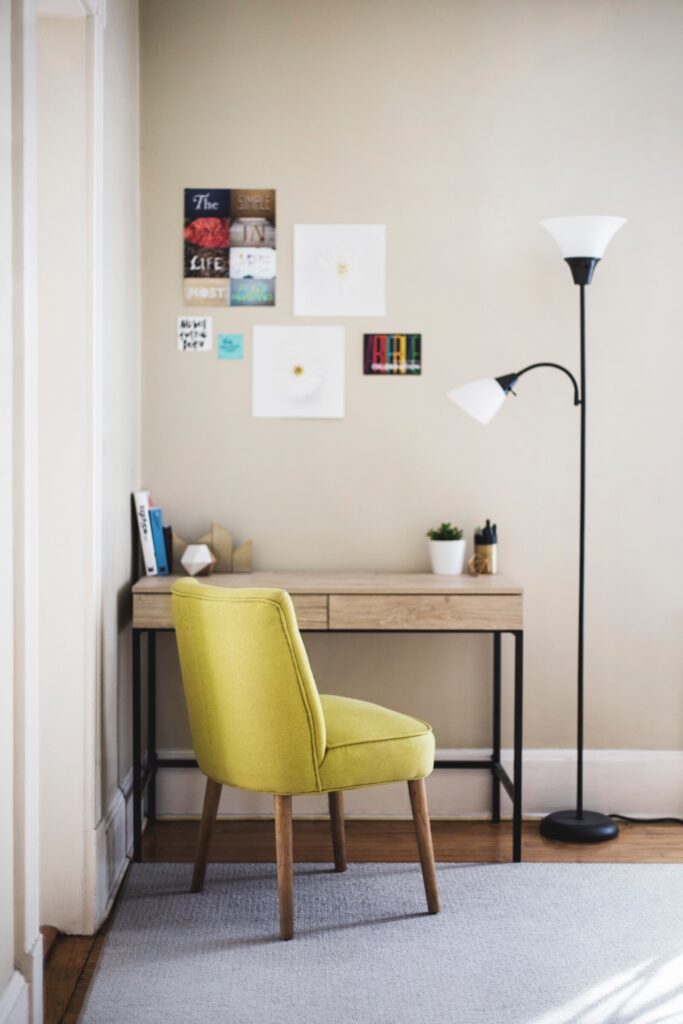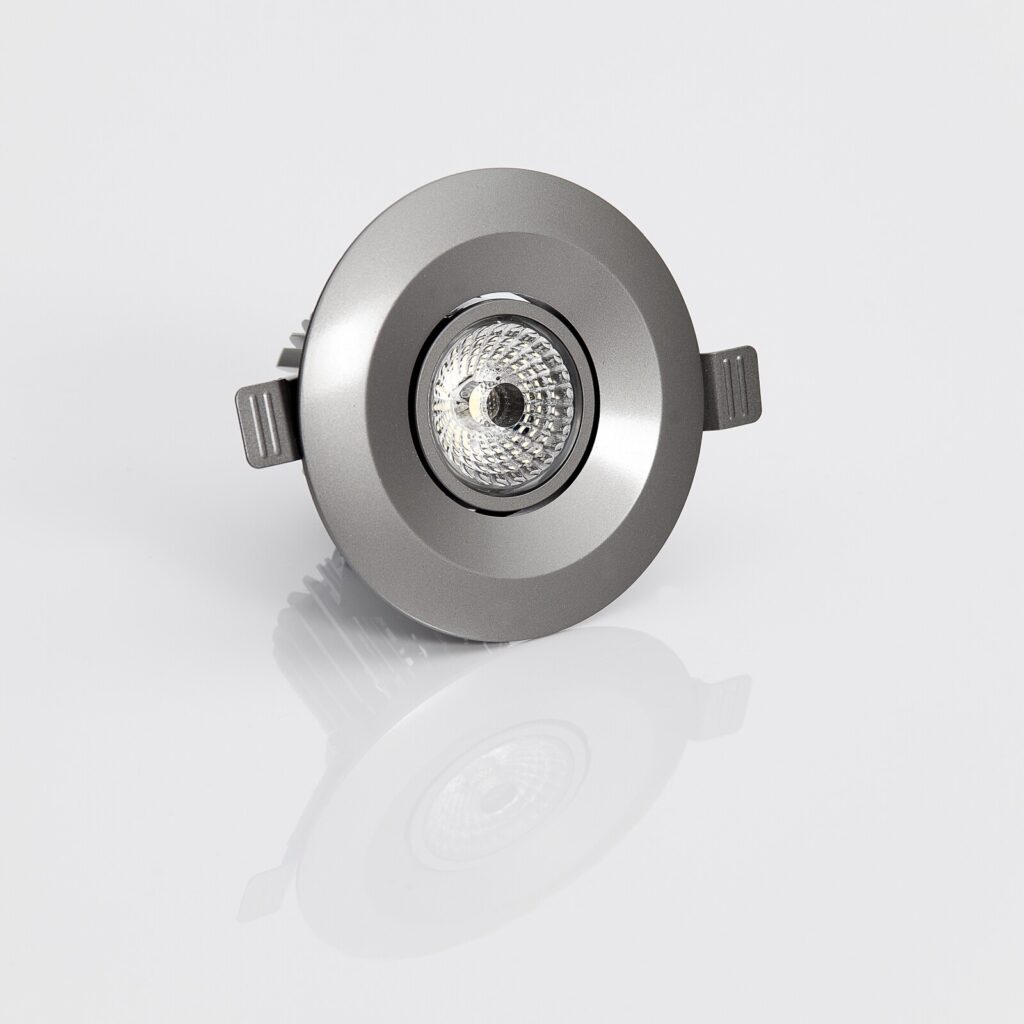A suitable desk lamp can make a big difference in your productivity and health. It can help you focus, avoid eye strain and headaches when working on your computer, or provide additional lighting for reading or other activities. But if you’ve ever shopped for a desk lamp before, you know there are many options out there to choose from—and it can be overwhelming trying to figure out the right one to buy. In this article, we’ll show you what to look for so that you find the best desk lamp for your needs.
When looking for a desk lamp, you need to pay attention to a few things.
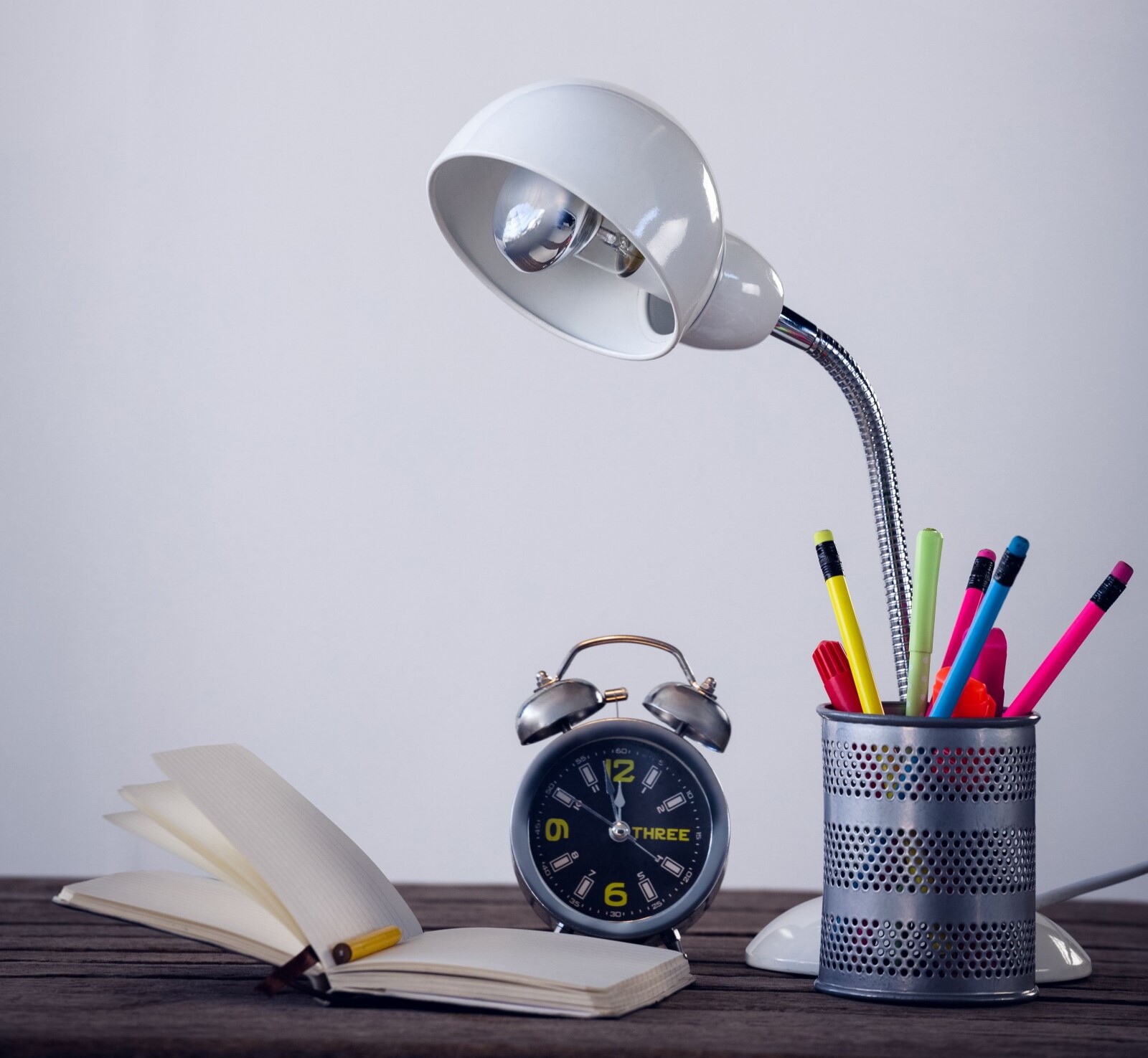
When looking for a desk lamp, you need to pay attention to a few things. You need to know what type of lighting you require. Incandescent, fluorescent, or LED? You also need to consider the size and weight of the lamp and its dimensions. You can ensure that the desk will fit on your desk correctly before purchasing it when you do this.
Additionally, consider the price you are willing to pay for your desk lamp. Before deciding which product is best for you, make sure that whatever type of product interests you have all of these features.
For which activities will you use it?
If you plan to use your desk lamp for reading, you’ll want a brighter light. If you are doing crafts or drawing with it, you’ll need a different light because those activities require more diffuse lighting. If you’re using it for computer work, the lamp should be positioned at eye level and provide enough light to limit glare from the screen. And if all of these things are true for you—which they probably are—it’s time to buy another lamp!
Think about the type of lamp you need.
Consider what kind of light you need and the size of your workspace before purchasing a desk lamp. The desk lamp comes in a wide range of shapes and sizes, so there’s likely to match your needs.
If your work area is small or you don’t have a lot of room on the desk, consider getting a floor lamp instead. Floor lamps are bulkier than other lights, but they can provide excellent lighting for any room in the house.
If you want something more versatile, that doesn’t take up much space on your desk or floor space in general (and has more than one function), try a clip-on lamp instead! Clip-on lamps are also great for small spaces because they don’t require any installation or wiring to be used anywhere anytime without worrying about tripping over wires.
As well as being able to move around quickly when needed without having any clutter underneath them like traditional table lamps do when shifted around too often causing damage due to constant movement which could lead over time cause problems if left unchecked long enough (such as cracks forming then eventually breaking).
If possible, try testing out different types before deciding what type works best for each individual situation by visiting local stores where they sell various styles to see firsthand how well these options would work best based upon personal preferences/needs.
Knowing this beforehand can help ensure peace of mind knowing exactly what each different type offers before investing money into buying them; doing this will help prevent regrets later down the road when realizing later than maybe something else would’ve worked better overall after all.”
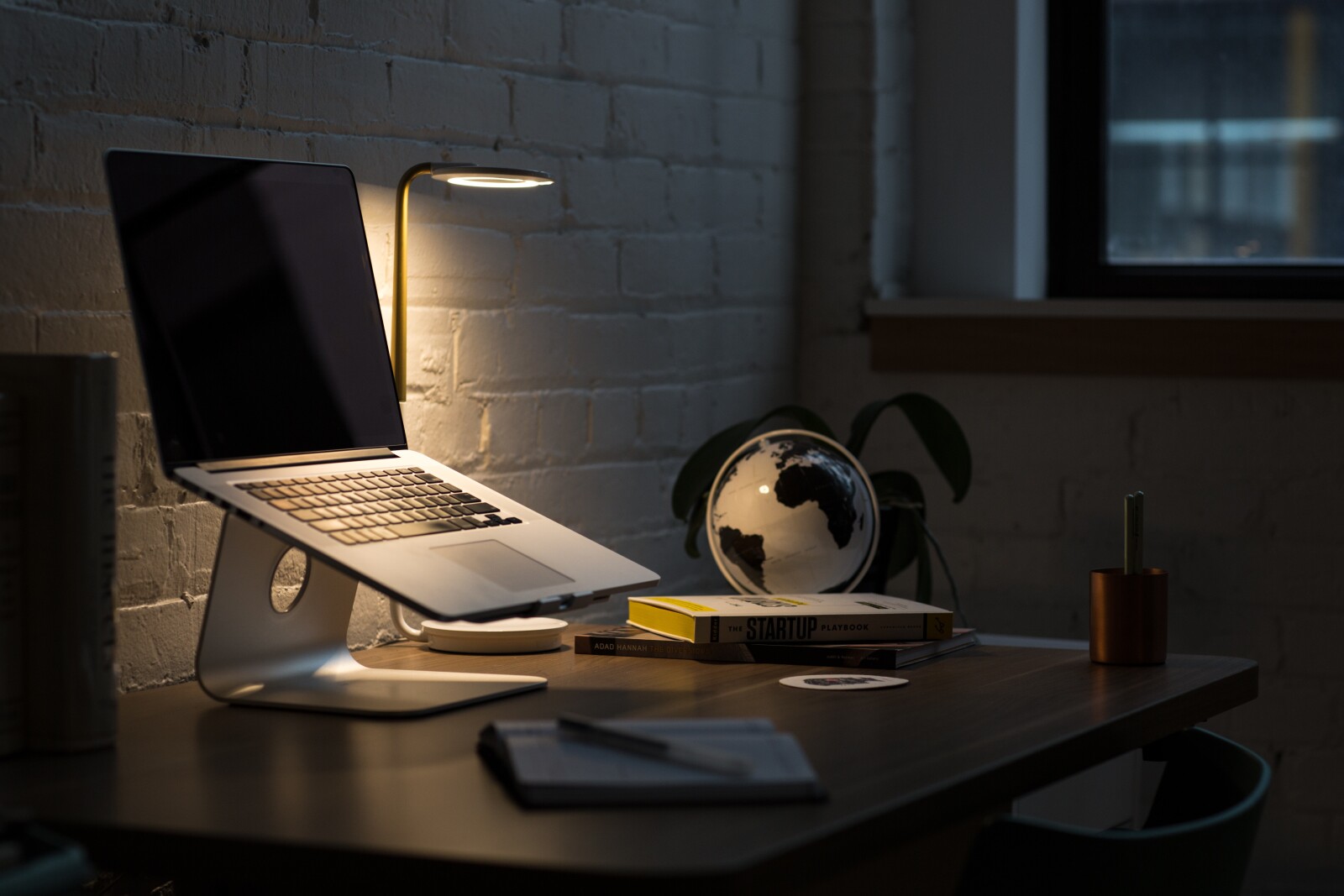
Do you need to plug in other devices at the same time?
If you do, make sure you check out the power cord. If it can handle a USB port, then all the better! You can plug in your phone and get some reading while it charges.
Make sure the lamp’s head is adjustable as well. This will make sure that no matter what angle you need to see something clearly, there’s a setting on this lamp that will accommodate it.
Desk lamps come in two main types – Halogen and LED.
Compared to incandescent lamps, halogen lamps use less power and produce 10 times more light for the same amount of energy. In addition to being more expensive than incandescent lamps, they also need an electrical ballast to operate.
The ballast is a device that stabilizes the amount of current being delivered to the lamp for maximum brightness; without it, you’d have flickering lights!
LEDs are also an option when shopping for desk lamps because they’re very energy efficient (they consume less electricity) while still providing high levels of illumination in areas where you need them most (like working at your computer). Depending on what kind works best for your needs, they can be used with or without a dimmer switch (see next section).
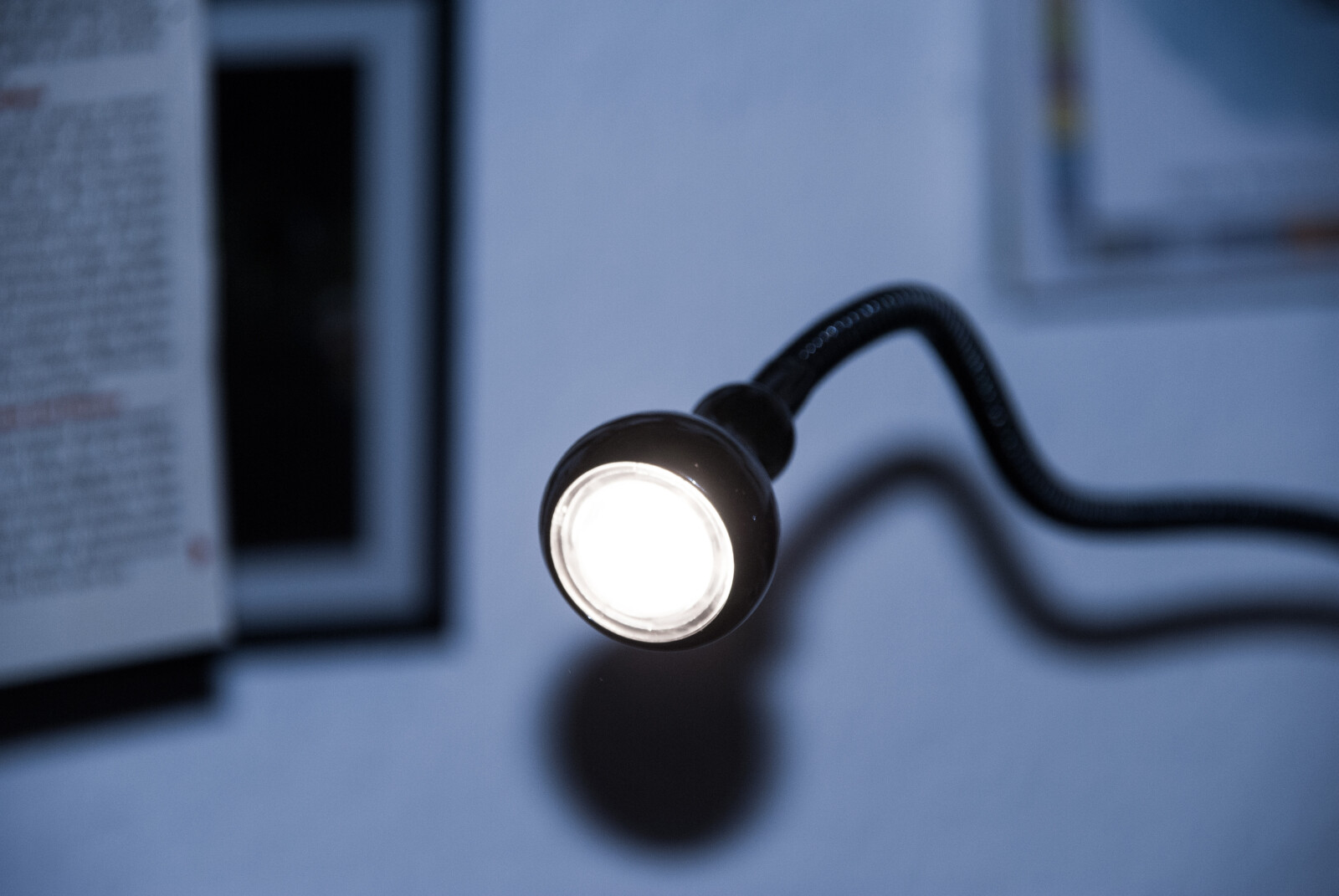
Consider your lighting needs.
Even if you already know what type of lamp you want, it’s always a good idea to consider what you intend to use the lamp for. The type of lighting you need depends on what you are doing—do you need a lot of light or just a little bit? A small desk lamp might suffice if it’s something like working on homework at home or taking notes in class. But if it’s something like doing research for an essay on your computer or reading through an entire book from start to finish, consider investing in something more powerful with multiple bulbs and larger wattage settings.
Make sure you have space for it.
When selecting a desk lamp, make sure to consider how much space you have available. You want to get a lamp that fits comfortably on your desk or shelf—one that will be easy for you to move around and adjust. It needs to be at least tall enough so that when it’s turned on, the bulb isn’t directly shining in your eyes. If possible, avoid lamps with cords unless they’re flexible enough for easy movement under tables or shelves.
Here are some useful tips:
- Ensure there is enough room between the bottom of the lamp and where it will sit on your desk (or shelf) so that any excess cord can easily reach an outlet.
- Consider whether there will be adequate room for reaching around the lamp’s base if it has an adjustable arm attached—this might not seem like much but could make a difference if you do most of your work by leaning forward over tall stacks; of papers!
Know the different bulb options.
Before you purchase a desk lamp, it’s essential to know the difference between the types of bulbs used. While most people don’t see these as essential details, they can really make or break how well your lamp works for you.
Many bulbs are available – halogen bulbs, LED bulbs, CFL (compact fluorescent) bulbs, HID (high-intensity discharge) lamps, and incandescent lights are all popular options. For help choosing the right one, consider the kind of lighting situation you’ll most likely be working with:
- If you work in a brightly lit room with plenty of natural light streaming through windows, then an incandescent bulb may be best since it puts off more lumens than other alternative types at lower temperatures and lasts longer than CFLs or LEDs.
- If working on small projects in dimly lit areas, then consider using an LED bulb because it doesn’t emit as much heat as other types do, so it won’t overheat your hand while working on intricate parts; however, keep in mind that this type uses less energy than any others so make sure there are enough outlets nearby before purchasing one!
Find out if the LED bulbs can be replaced easily or not.
Additionally, make sure that your desk lamp’s bulbs can be easily replaced. The more difficult it is to replace bulbs, the more often you’ll need to buy new ones, which adds up quickly. If you want to save money on bulb replacement costs, look for a model with detachable or push-in LED light sources instead of those built into their bases.
If you have access to any kind of electrical parts store or hardware store (even some grocery stores sell batteries), then it’s easy enough for you to get new bulbs yourself and save money on this aspect over time—assuming there isn’t another reason why LED lamps are not a good choice for your workspace or home office!
Shop from trusted sources.
When shopping for a desk lamp, it’s essential to shop from trusted sources. It is a good idea to research a company and find out what other customers have to say about their experiences with them.
Look for other reviews or recommendations from people who have already purchased products from this company and were satisfied. If there are no reviews or recommendations available online, proceed with caution!
Make sure that each product comes with warranties of some kind as well—this gives you peace of mind when purchasing expensive products (like lamps).
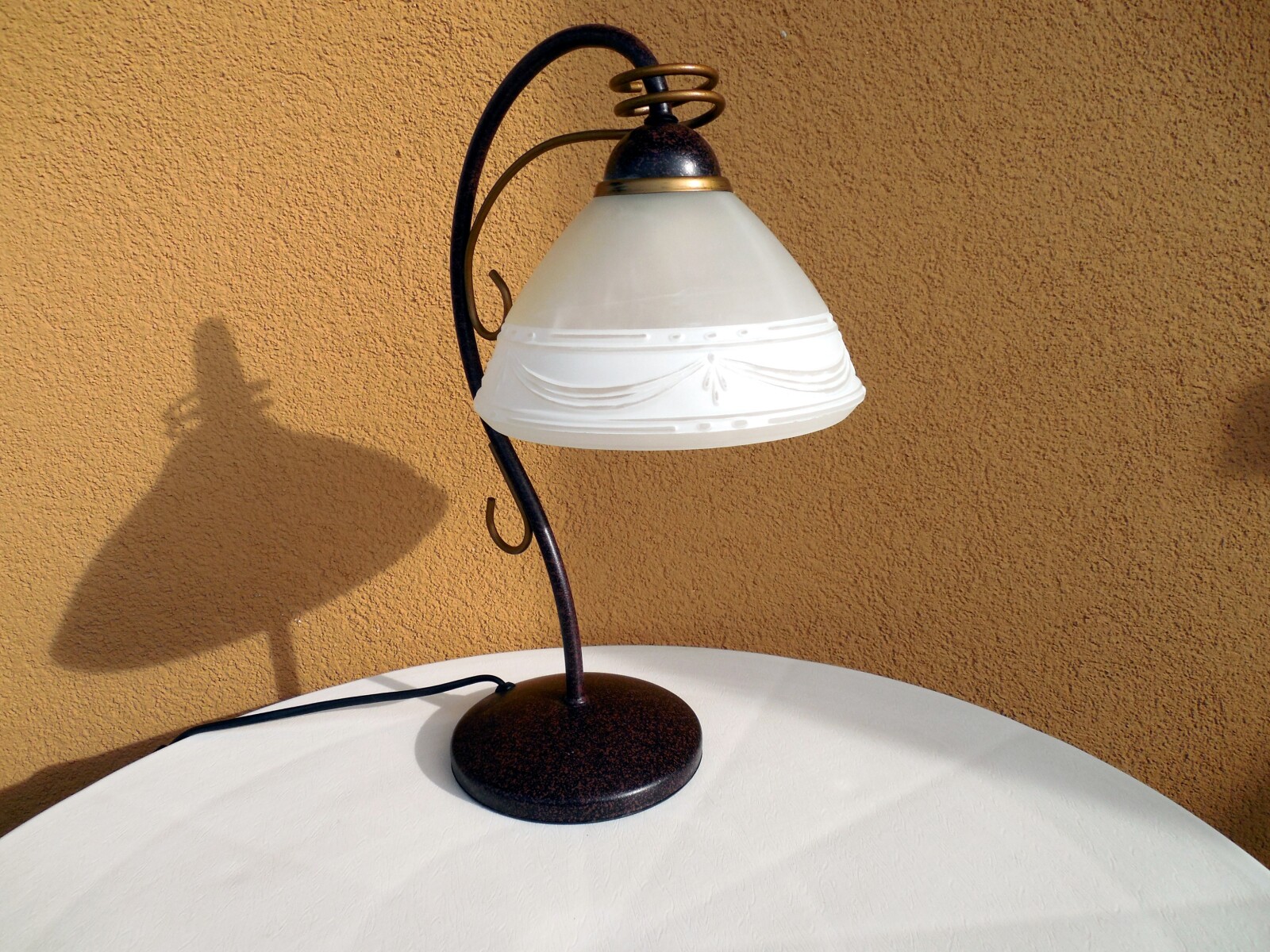
Go hands-on to test it out.
If you’re buying a desk lamp, the first thing to do is go hands-on. Try out different types of desk lamps at a store, and ask to test the brightness, weight, and cord length of each one. You want a lamp that provides enough light without being too bright or bulky. It should also be easy to adjust its height, so it’s right over your work surface without being in the way when you’re not using it for reading or writing. The build quality matters, too—you don’t want something flimsy that will break easily after just a few uses!
After you find the perfect product, take some time to ask about any materials used to construct the product (whether those materials are recycled). After all, there’s nothing worse than purchasing something made from toxic plastic only later finding out about its harmful effects on our health and environment as we use them daily for years on end.”
Check the dimensions, weight, and size of the lamp.
When it comes to desk lamps, you want to make sure that your purchase will fit in the space you have. If you have a big desk, you can go bigger and bulkier with your lamp. But if your desk is smaller or more compact, maybe a smaller option is better.
Also, keep in mind how much weight the lamp needs to hold up—it could be tempting to buy something heavy enough for a large table but too unwieldy for the average person’s desk space.
To get a desk lamp that will work best for you, you’ll need to get the right balance between features and price.
- It is essential to find a desk lamp with the perfect combination of features and a price that is within your budget.
- How much money do you want to spend?
- How much do you need the lamp to do? Do you need it for reading, or are there other rooms in your house where you could use this light source?
- What is the size of your desk? Is it enough for a larger lamp, or will a smaller one suffice? If possible, measure the surface area before going shopping to avoid surprises later on!
Conclusion
If you keep these tips in mind, you should be able to make the right choice when buying a desk lamp. Remember that there is no wrong decision, and it’s all about finding the one that fits your needs. If you have any questions about these or any other lighting options, please reach out! We are always happy to help people find their way through this process.
